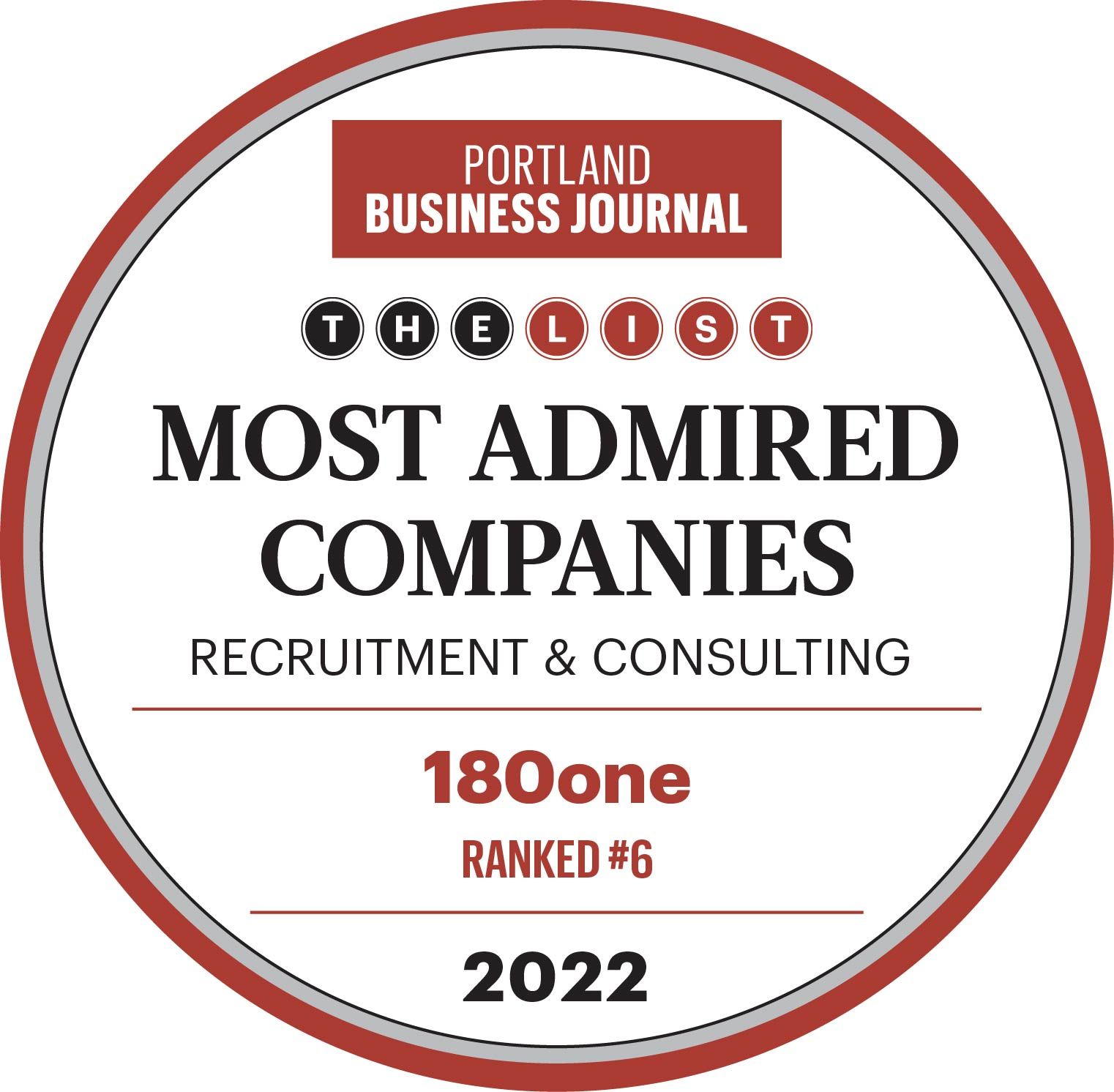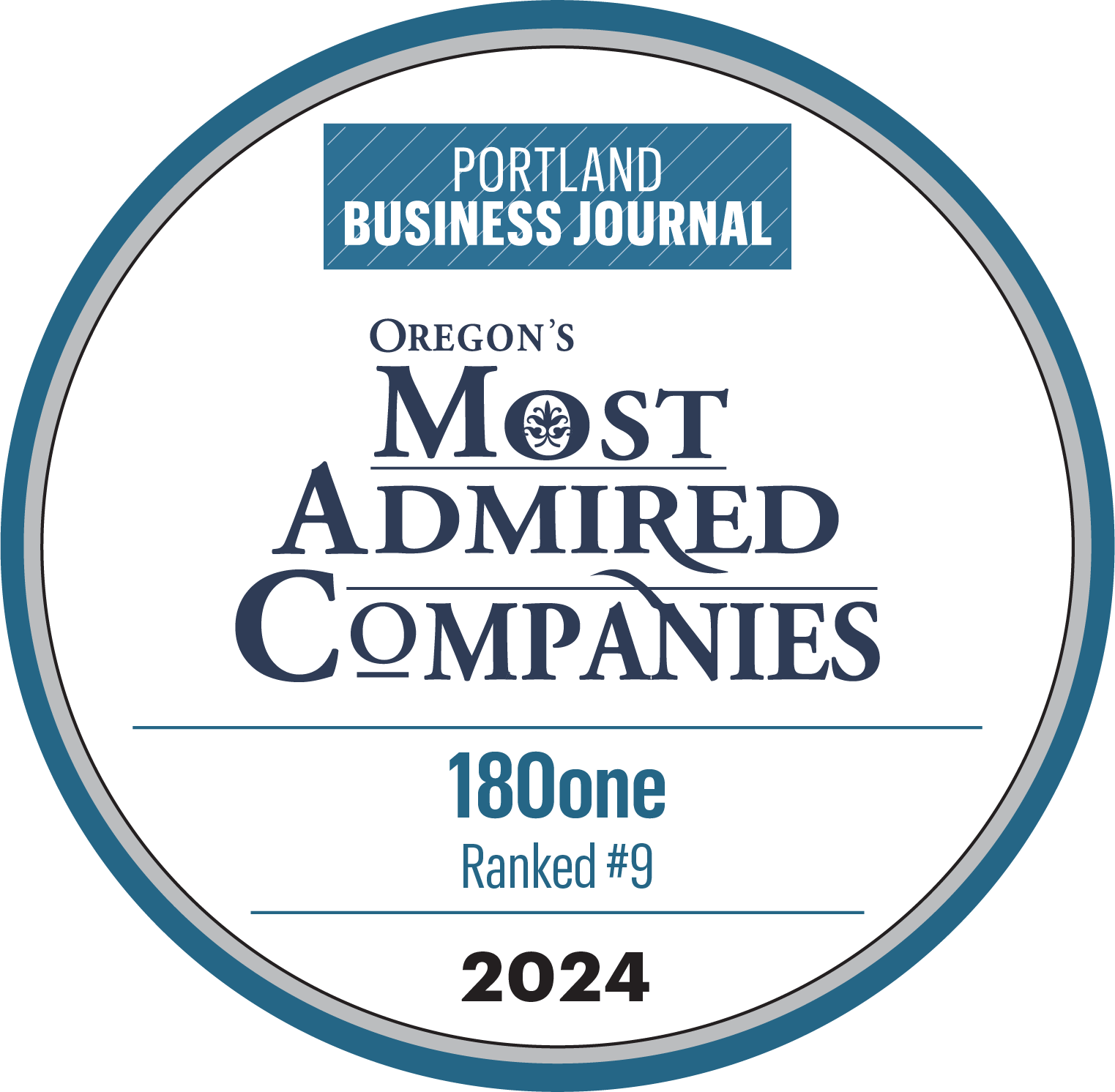Don’t Get Duped – 5 Red Flags of a Professionally Written Resume
At 180one, we see A LOT of resumes. Some look like they were typed on a Brother Word Processor 30 years ago, some are 6 pages long, 2 pages long, some have different fonts and sizes of fonts throughout, and then there are third party professionally written resumes - easy to spot, hard to comprehend, and make the reader ask the question – if the candidate can’t write their own resume, what else can’t they do that they said they’ve done?
In the high-stakes world of job hunting, a well-polished resume is believed to be the gateway to securing an interview. As a result, many job seekers turn to professional resume writers to boost their chances. While this can be helpful, it can also create inconsistencies and red flags that hiring managers and recruiters quickly learn to recognize.
If you're on the hiring side or the job seeking side, here are 5 factors to consider when reviewing or submitting a professionally written resume.
1. Overly Polished or “Corporate” Language
One of the most obvious signs is language that sounds more like a press release than a personal statement. Phrases like “forward-thinking professional with a proven track record of leveraging synergistic strategies” may impress at first glance—but they often signal a generic, massaged resume.
Why it’s a red flag:
Recruiters are increasingly wary of “buzzword bingo.” In fact, a 2022 study by Cultivated Culture found that over 50% of resumes included vague jargon or fluff that made it difficult to identify actual achievements.
Many professionally written resumes are filled with generic buzzwords like "results-driven," "synergy," and "dynamic leader." While these terms may sound impressive, they often lack substance and fail to convey meaningful information about a candidate's actual skills or achievements. According to a study by Cultivated Culture, 51% of resumes included fluffy buzzwords, clichés, or the incorrect use of pronouns, which can turn off potential recruiters.
2. Mismatch Between Resume and LinkedIn Profile
Professionally written resumes often use a distinct tone, layout, and terminology. If a candidate’s LinkedIn profile is far less polished or completely different in format and language, it could indicate the resume was outsourced.
Why it’s a red flag:
Consistency matters. Hiring managers want to see that a candidate has a clear sense of their professional identity. Discrepancies raise questions about authenticity.
3. Inability to Explain Resume Content in Interviews
When a resume is written by someone else, candidates often struggle to elaborate on the content. They might stumble over project details, metrics, or use terminology incorrectly. And sometimes, the candidate just comes right out and say that they had someone else write it for them – which then opens up a bunch of assumptions of the candidate.
Why it’s a red flag:
You can’t trust a resume at face value if the candidate can’t speak to it with confidence and clarity. It shows that they lack ownership of their work product (or the work product of someone who they hired).
4. Generic or Inflated Achievements
Third-party writers often try to make every bullet point sound impressive, even when the underlying work was basic. A line like “Spearheaded initiatives to drive cross-departmental alignment” might describe routine weekly meetings.
Why it’s a red flag:
Inflation makes it harder to evaluate the real value a candidate brings. It also shows a disconnect between what they actually did and how it's being presented. Plus, does your organization need another blowhard in the conference room who controls the meeting with word salad?
5. Too much information being presented
While everyone thinks that AI is controlling the review of every resume and that you need to have every keyword included in your resume to make it to the next step when applying, the truth is that at some point the resume will be reviewed by a human. Professionally written resumes tend to be jam packed with information with visually stunning sections, tables of information, and varying fonts to draw the eye – but it’s just too much for the reader to comprehend what you’ve actually done.
Why it’s a red flag:
Employers are looking for future leaders who know how to convey their thoughts, ideas, questions succinctly. So if you are unable to accomplish this with your resume – that you’ve had plenty of time to write, edit, modify before distributing – what will happen when you’re on the job presenting in the boardroom?
Final Thoughts
A professionally written resume isn’t inherently bad, many candidates benefit from outside help, especially if they’re unsure how to present themselves. However, authenticity matters. When hiring managers sense that a resume doesn’t align with the person behind it, they’ll dig deeper and often move on to more transparent candidates.
Resumes are personal. They are a summary of all that one has accomplished in their career. This is their professional fingerprint and no one else should have the same fingerprint. So, make sure that the next time you are updating or creating a new resume, make it yours, not someone else’s or trying to be someone you’re not.






